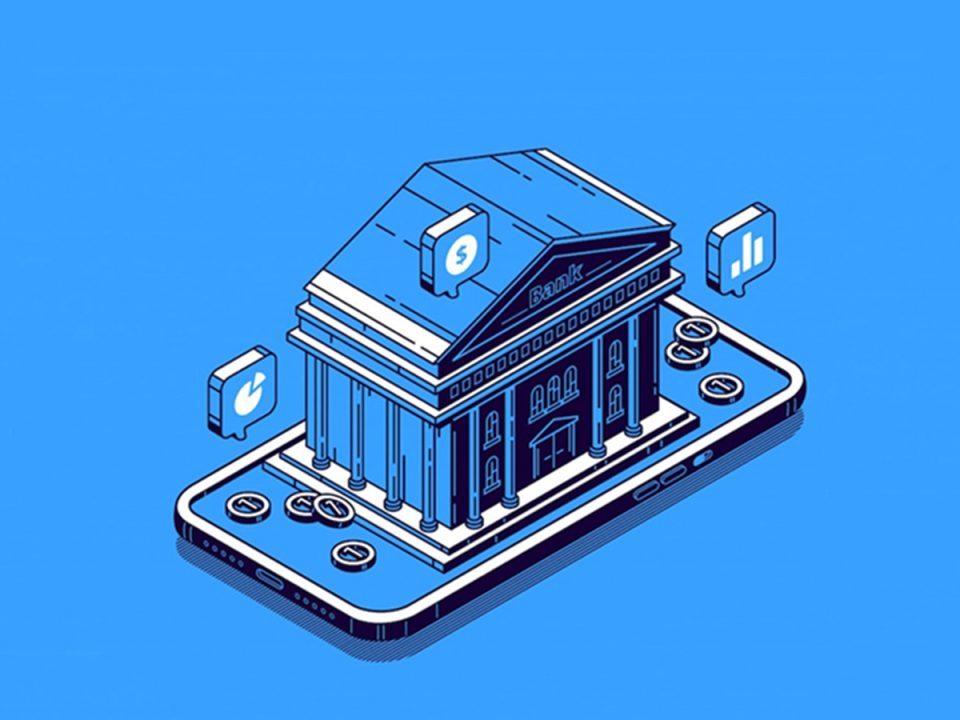Rising Demand for Convenient and Accessible Digital Banking Solutions Among Consumers is a Key Growth Driver for the Global Neobanking Market
Neobanking refers to digital-only banking services that operate without physical branches, offering financial products and services through online platforms and mobile applications. These banks, often referred to as “challenger banks,” leverage technology to provide a seamless banking experience, focusing on transparency, user-friendly interfaces, and innovative financial solutions. In 2023, the global neobanking market was valued at roughly $92.3 billion, with projections indicating a growth rate of around 45.7% CAGR from 2024 to 2034, driven by the rising demand for digital banking solutions.
Neobanks serve a diverse customer base, from tech-savvy millennials to small and medium-sized enterprises (SMEs) looking for efficient banking solutions. For instance, platforms like Chime in the United States and Revolut in Europe have gained popularity by offering features such as no-fee accounts, instant money transfers, and budgeting tools. This accessibility empowers users to manage their finances with ease, especially during times of economic uncertainty. Service providers are continuously innovating to enhance customer experience and operational efficiency. For example, N26, a German neobank, introduced features like sub-accounts and real-time spending notifications, which help users track their expenses effectively. Additionally, Starling Bank in the UK has leveraged artificial intelligence (AI) to offer personalized financial insights, thus improving customer engagement.
Catch more Fintech Insights : Global Fintech Series Interview with Jeff Marsden, Chief Product Officer at PureFacts
As more consumers shift towards digital-first banking solutions, neobanks are playing a crucial role in democratizing financial services, fostering competition in the banking sector, and driving financial inclusion globally.
In Depth Country Level Insights: Global Neobanking Market
- United States: The United States is a frontrunner in the global neobanking market, boasting a diverse array of digital-only banks such as Chime, N26, and Varo Bank. With its tech-savvy population, the U.S. has embraced mobile banking, offering innovative features like no-fee accounts, early direct deposits, and advanced budgeting tools. Chime, for instance, enables users to save automatically by rounding up transactions to the nearest dollar. In 2023, the U.S. neobanking sector was valued at approximately $12 billion, driven by a significant demand for accessible financial services among younger consumers. Furthermore, partnerships with fintech companies are enhancing these banks’ service offerings, allowing for even more innovative solutions.
- United Kingdom: The United Kingdom is home to some of the most prominent neobanks, including Revolut, Monzo, and Starling Bank. These digital banks are leading the charge with their user-friendly apps and unique features, such as multi-currency accounts and instant money transfers. For instance, Revolut offers cryptocurrency trading and global spending without foreign exchange fees, appealing to a global audience. By 2023, the UK neobanking market had reached a valuation of around $6 billion, fueled by a growing demand for flexible banking solutions. Additionally, regulatory support from the Financial Conduct Authority (FCA) has encouraged innovation, enabling new entrants to compete effectively in the market.
Speak to our analyst in case of queries before buying this report
- Germany: Germany has established itself as a key player in the neobanking space, with platforms like N26 leading the charge. N26 has revolutionized banking in Germany by offering a fully digital banking experience, including real-time notifications and a user-friendly interface. As of 2023, N26 reported over 7 million customers across Europe, reflecting its strong market presence. The German market is characterized by stringent regulatory frameworks, which, while challenging, have also fostered a culture of trust and security in digital banking. Moreover, innovative features like automatic expense categorization and financial insights are drawing consumers away from traditional banks, driving significant growth in the neobanking sector.
- India: India is rapidly emerging as a major player in the global neobanking market, with startups like Razorpay, Niyo, and Paytm Payments Bank leading the way. These neobanks cater to the country’s vast population by offering digital wallets, instant loans, and seamless payment solutions. For example, Razorpay has introduced a neobanking platform that provides businesses with integrated payment solutions and automated accounting features. As of 2023, the Indian neobanking market was valued at approximately $4.5 billion, with significant growth projected as more consumers adopt digital banking solutions. The push for financial inclusion, supported by government initiatives like Digital India, has further accelerated the rise of neobanks in the country.
- Brazil: Brazil is witnessing a rapid evolution in the neobanking landscape, led by digital banks like Nubank and Banco Inter. Nubank, founded in 2013, has become a household name, providing no-fee credit cards and digital payment solutions to millions. By 2023, Nubank had surpassed 70 million customers, establishing itself as one of the world’s largest neobanks. Brazil’s high mobile penetration and increasing demand for accessible financial services are driving this growth. Innovative offerings, such as personalized credit scoring and instant loan approvals, are attracting customers away from traditional banks. The competitive landscape continues to evolve, as fintech companies innovate to meet the diverse needs of Brazilian consumers.
Read More on Fintech : Global Fintech Series Interview with Frank Pagano, Executive Sales Director at VizyPay
[To share your insights with us, please write to psen@itechseries.com ]
